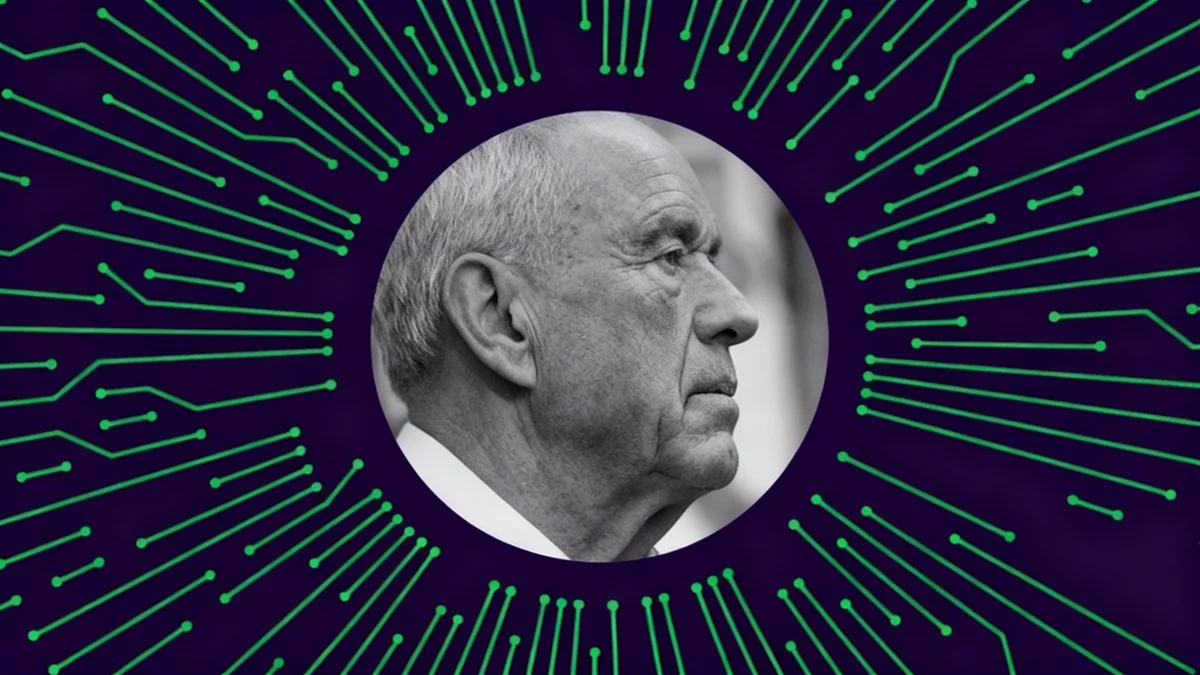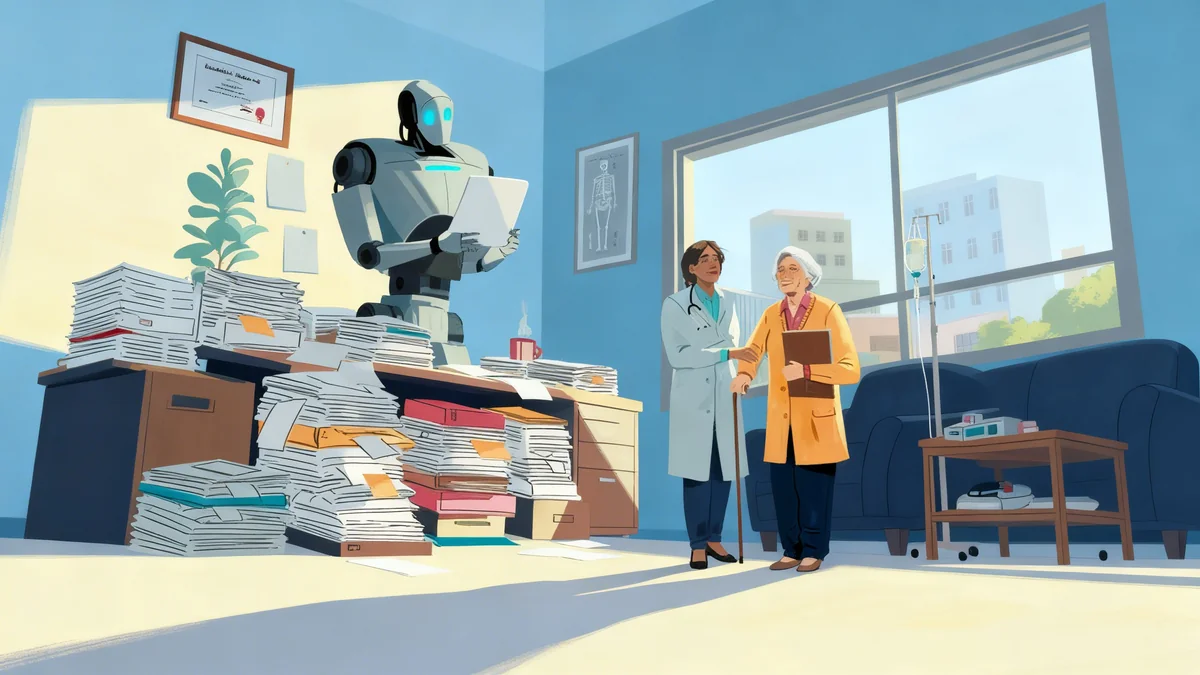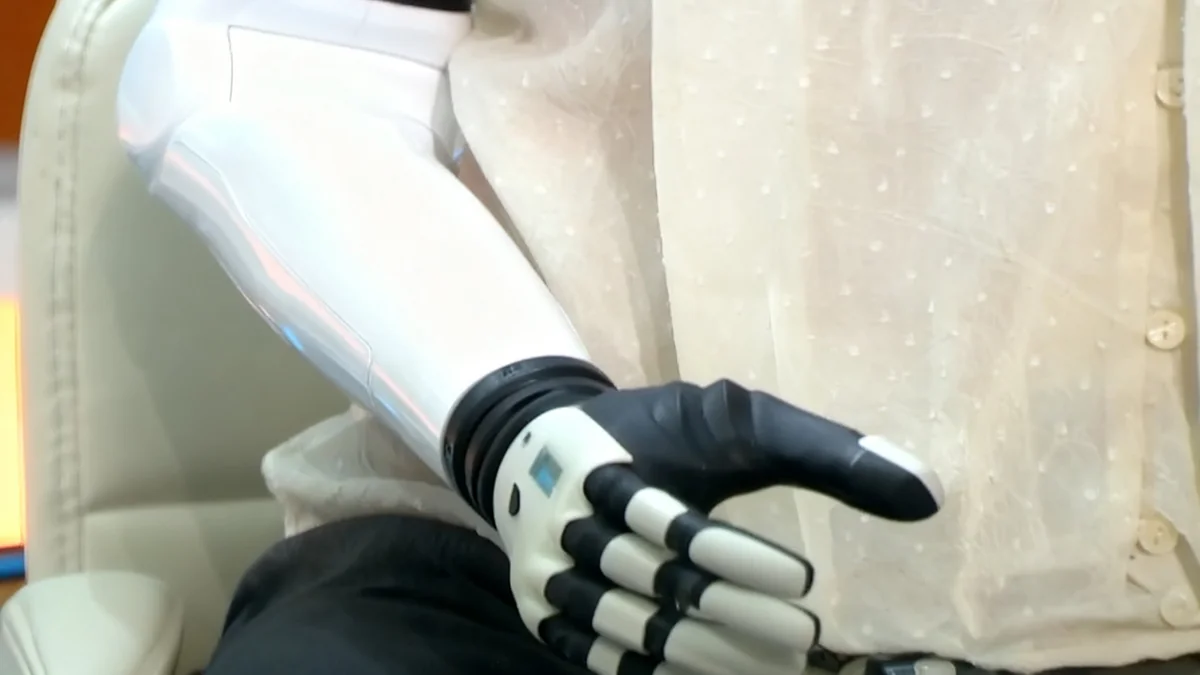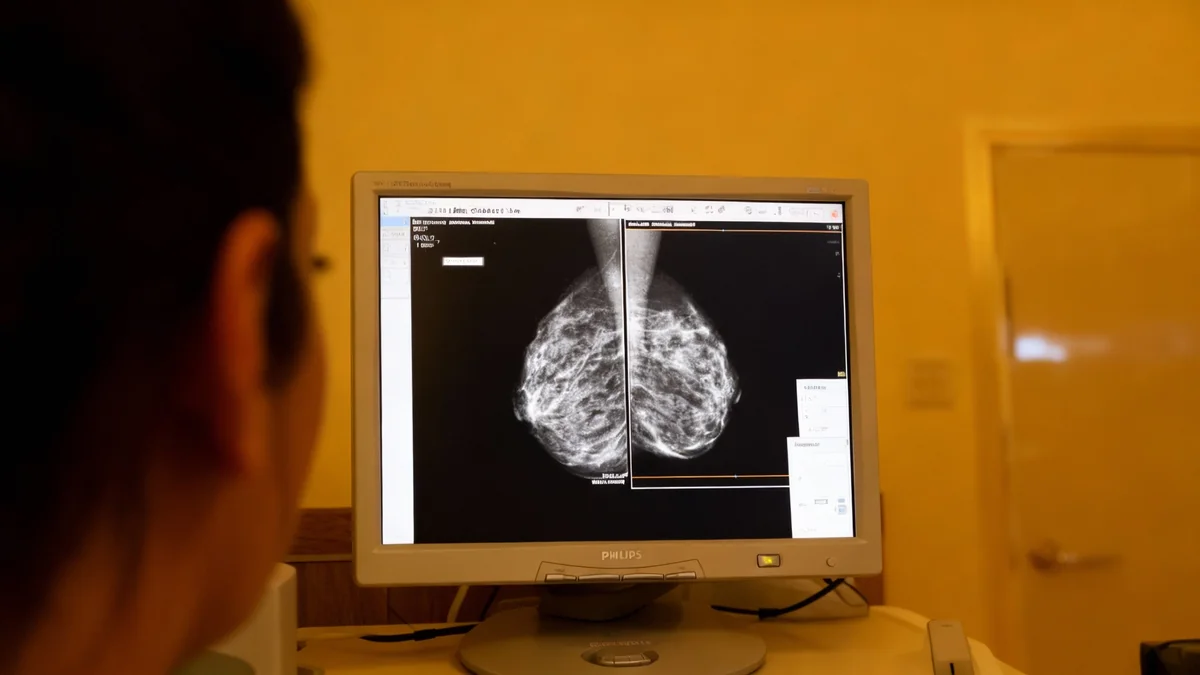Pope Leo XIV addressed a major medical group at the Vatican, stating that while artificial intelligence is a useful tool in healthcare, it can never substitute for the essential human connection between a doctor and a patient. The Pope emphasized the importance of personal contact and compassion in the healing process.
During a meeting on October 2, 2025, with representatives of the Latin Ibero-American and Caribbean Medical Confederation (CONFEMEL), he encouraged physicians to protect the deeply human aspect of their profession in an era of increasing technological integration.
Key Takeaways
- Pope Leo XIV stated that artificial intelligence can assist but not replace doctors.
- He stressed that personal contact, dialogue, and compassion are fundamental to patient care.
- The address was given to CONFEMEL, a group representing over two million physicians.
- The Pope used historical and religious examples to highlight the healing power of human connection.
The Central Role of the Doctor-Patient Relationship
Pope Leo XIV welcomed the delegation from CONFEMEL, an organization that includes medical professionals from Latin America, the Caribbean, and the Iberian Peninsula. He began by thanking the members for their dedicated work in providing quality healthcare across their respective regions.
He drew a parallel between the work of physicians and the significance of the day's religious observance, the Memorial of the Holy Guardian Angels. The Pope suggested that just as angels are believed to care for and protect individuals, doctors have a similar role in safeguarding the well-being of their patients through direct, personal care.
Who is CONFEMEL?
The Latin Ibero-American and Caribbean Medical Confederation (CONFEMEL) is a significant non-governmental organization. It brings together national medical associations from over 20 countries, representing a collective voice for more than two million physicians in the Spanish and Portuguese-speaking world.
The core of his message focused on the therapeutic relationship. He argued that communication and physical contact are irreplaceable elements of medical treatment, regardless of the advanced tools available. To support this, he referenced the words of Saint Augustine, who described Christ as both the physician and the medicine itself, embodied in a tangible form.
"Dialogue, communication, and physical contact must always be present in the therapeutic relationship, beyond the instruments and tools used to treat illnesses," Pope Leo XIV stated.
Technology as a Tool, Not a Replacement
The Pope directly addressed the growing influence of artificial intelligence in the medical field. He acknowledged that AI offers significant potential to improve clinical care and diagnostic processes, calling it a "great help."
However, he issued a strong caution against viewing technology as a substitute for human interaction. He was clear that the role of the doctor extends far beyond technical procedures and data analysis. The human presence, he argued, provides comfort, hope, and a sense of closeness that technology cannot replicate.
AI in Modern Medicine
Artificial intelligence is increasingly used in healthcare for tasks such as analyzing medical images like X-rays and MRIs, predicting disease outcomes from patient data, personalizing treatment plans, and automating administrative tasks. The global AI in healthcare market is projected to grow substantially, highlighting the relevance of the Pope's message.
To reinforce his point, Pope Leo XIV said that an algorithm is incapable of offering a comforting gesture or a word of solace. He quoted his predecessor, Pope Benedict XVI, who described doctors as "reservoirs of love, bringing serenity and hope to those who suffer." This description, he implied, is something that cannot be programmed into a machine.
The Pope's comments reflect a broader conversation about the ethical implementation of AI, ensuring that technological progress serves humanity without diminishing its core values.
Historical Examples of Compassionate Care
To illustrate the ideal of compassionate medicine, Pope Leo XIV provided two powerful examples, one from scripture and one from modern history.
The Healing Touch
He referenced the Gospel account of Jesus healing a leper, found in Mark 1:40–42. The Pope highlighted that the healing was not a distant or mechanical act. Instead, it involved Jesus reaching out and touching the man, an act that was culturally forbidden but established a profound personal connection.
"A personal relationship has been established between the leper and Jesus," the Pope explained. He noted that in this gesture, the man who was considered untouchable found both physical health and spiritual salvation, underscoring the power of a simple caress.
The 'Doctor of the Poor'
The Pope also spoke about Blessed José Gregorio Hernández, a Venezuelan physician from the early 20th century. Dr. Hernández is celebrated not only for his medical expertise but also for his unwavering dedication to treating the poorest and most vulnerable members of his community.
His work earned him the title "doctor of the poor." Pope Leo XIV presented him as a model for modern physicians, demonstrating how professional competence can be combined with a deep commitment to serving those in need. This example served to anchor the Pope's abstract points in a real-world figure admired for his human-centered approach to medicine.
A Message of Hope for the Future
Concluding his address, Pope Leo XIV acknowledged that the medical profession faces "great and stimulating challenges" in the modern world. These challenges include navigating technological advancements, addressing healthcare inequalities, and maintaining personal well-being amid demanding careers.
He encouraged the members of CONFEMEL to confront these obstacles with hope. He offered a final blessing, asking that they be accompanied by Christ and the Blessed Virgin Mary, who holds the title Health of the Sick.
The Pope's speech serves as a reminder to the global medical community that while technology continues to evolve, the fundamental principles of empathy, compassion, and human connection remain the cornerstones of effective and ethical healthcare.





